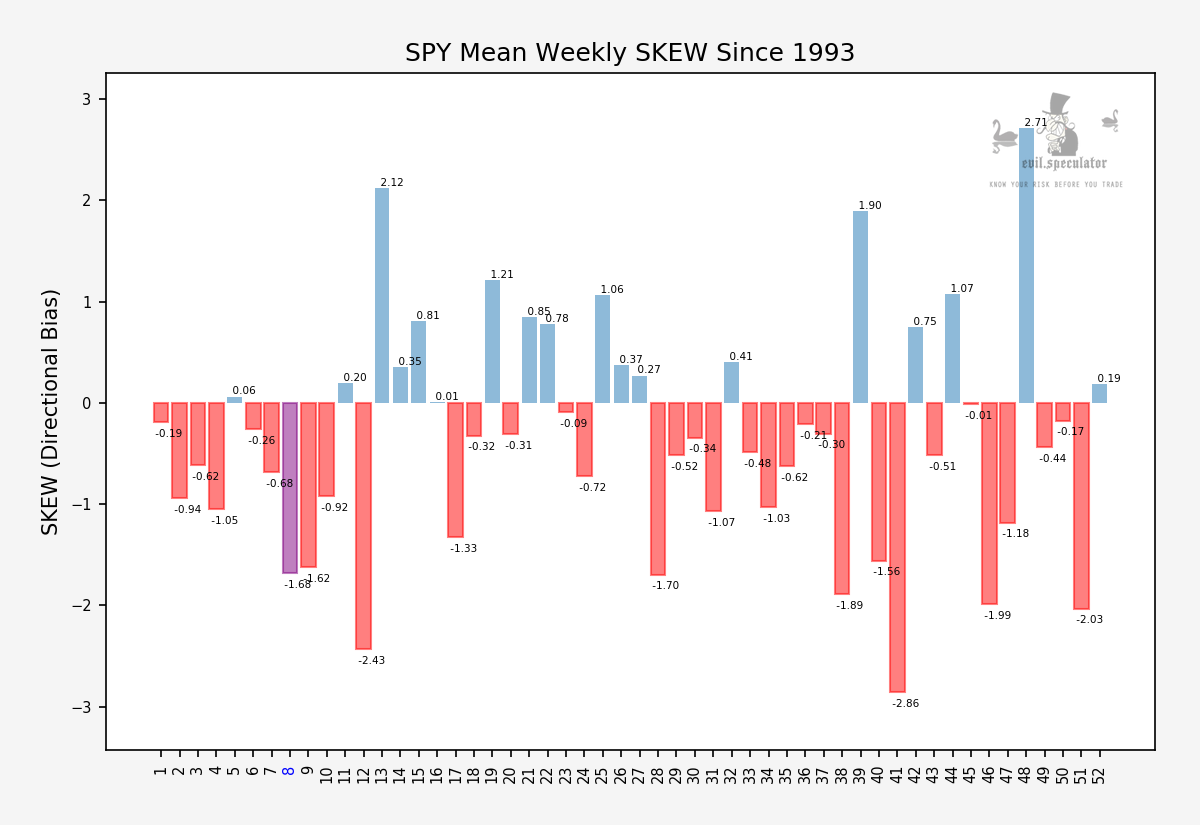A Funny Thing Happened On The Way To Wall Street
A Funny Thing Happened On The Way To Wall Street
So a funny thing happened on the way to Wall Street last week. A rabid rabble of Robinhood retail rats on Reddit took advantage of a perceived market inefficiency in Gamestop (GME) and decided it would be a fun idea to drive up the stock and in the process stick it to the ‘man’ as an extra bonus. As you would expect it didn’t take long until all hell broke loose, for the high priests of finance don’t enjoy seeing their sacred privileges challenged. So they did what any self respecting incumbent would do: They decided to make a phone call…
Now say what you will about Gamestop’s true valuation, let’s be clear about the fact that there is nothing illegal whatsoever about a stock someone wants to buy and hold. Maybe he likes that stock. Or maybe she just loves to HODL. As Mark Cuban quipped ‘there are many reasons why someone would want to BUY a stock.’ NOT rapidly bounce it back and forth in an organized manner to devalue the stock in question. Like some people may have done – allegedly.
And it’s not that they all colluded and somehow accumulated 140% in short float in order to drive down the price of GME and then later buy it all back for chump change. Ridiculous! I mean that would not only be illegal but outright impossible, right? How could anyone ever borrow more stock than there is in actual existence? Asking for a friend.
Which is the reason why the current Kabuki theater that is playing out across the financial MSM may surprise the astute observer. Not me of course, as I’ve long learned that, just like the Pope, the Fed is infallible and that Wall Street insiders are all tripping over themselves in order to do God’s work. May the Lord bless them and their Swiss bankers.
So who’s to blame here? Many point to r/wallstreetbets and claim that a concerted DoS style buying spree of GME, AMC, BBBY, and a few others clearly constitutes ‘insider trading. To that I should point out that Wall Street funds regularly host ‘idea dinners’. Which basically means they all get together for a show and tell of which ‘stocks’ are a great buy and then all go off to their respective lairs to gobble them up in large quantities.
How exactly is that different from a bunch of retail rats ceasing a clear and present short squeeze opportunity? How come 15 major fund managers with $10B each under management can plow into a stock after having a ‘private conversation’, but a group of passionate retail investors are considered domestic terrorists for doing the exact same thing? Again, asking for a friend.
Of course it all has backfired ignominiously. On both sides I may add. The hedge funds involved took a massive loss but to quote Monty Python: It’s only a flesh wound. Given their access to capital and the help of their connected elders they’ll survive this and surely will live to trade another day.
Which may not be said about the hordes of HODLers, many of which saw an opportunity to not only bank some ill-gotten gains but to also point a giant middle finger toward Wall Street. I love the idealism but unfortunately, much to my detriment, I also know human nature.
Many of these kids dumped their shares at near $100 after purchasing them at $300 or above. What really surprises me the most however about the entire affaire is not the Street’s response and demonization of literally millions of retail traders. No, what completely took me by surprise was the seething anger directed toward Wall Street and the financial industry in general.
Maybe this can be ascribed to the crypto community that has been growing rapidly over the past decade. These kids are incredibly red pilled and although most of them couldn’t trade their way out of a shoebox they hold an almost instinctive disregard for anything even resembling Wall Street. I better work on an alibi!
Which didn’t always use to be the case by the way. Back in the 80s and 90s we all knew the game was rigged but the difference was that we wanted IN – not OUT, we wanted a piece of the action. None of us ever dreamed of tearing it all down, well let’s say almost none of us. But that’s exactly the type of sentiment I’m getting when lurking not only over at r/wallstreetbets but on many other retail trading watering holes these days. The anger is palpable.
So from a PR perspective the GME saga has been an outright disaster for the industry and I fear it’ll only get worse from here. What doesn’t exactly help matters of course is a tone deaf MSM demonizing and accusing a large portion of the public despite the fact that they did not break a single law or financial regulation when legally purchasing shares through their retail broker – with their own money I may add.
That may not be true for some the participants involved, if you get my drift.
The Future
And that brings us to the future. Right now clamping down on buying interest in GME and other controversial issues is fairly easy due to an island topology in the financial industry in combination with circuit breakers and other exchange tools designed to keep market participants from getting ahead of themselves.
But what do you imagine will happen once we are all able to trade 24×7 on a blockchain based market that is widely distributed and inherently impossible to control by any interest group? This may sound like science fiction today but if the events of the past year have taught us anything then it is that today’s outlandish imaginations can easily turn into tomorrow’s reality.
Fact is that millions of millenial and gen-Z hobby traders just learned how this game is being played and there’s no putting that genie back in the box. They are fast learners and unlike us old dogs back in the days, they have access to instant communication and a huge pool of like minded contemporaries willing and clearly capable of putting the entire system on its head.
The playbook is now out there for everyone to see and emulate. And if any hedge fund is ever foolish enough to put itself into the squeeze box like the one Melvin Capital found itself in, they will get instantly burned to a charred crisp and then some. Which in my estimation is a good thing because 140% of short float represents exactly the type of excess and moral hazard that regulators should have clamped down on hard a long time ago.
















